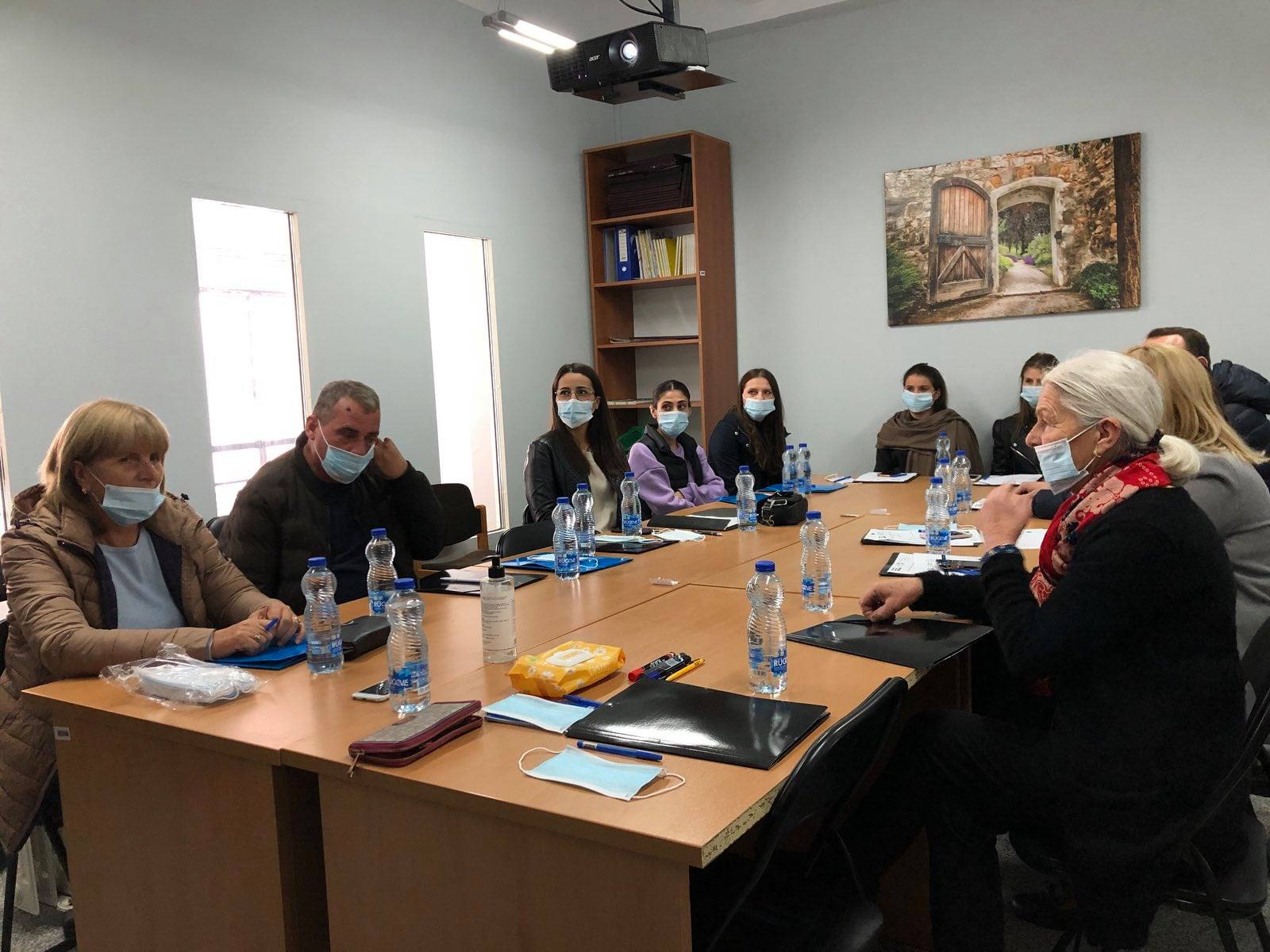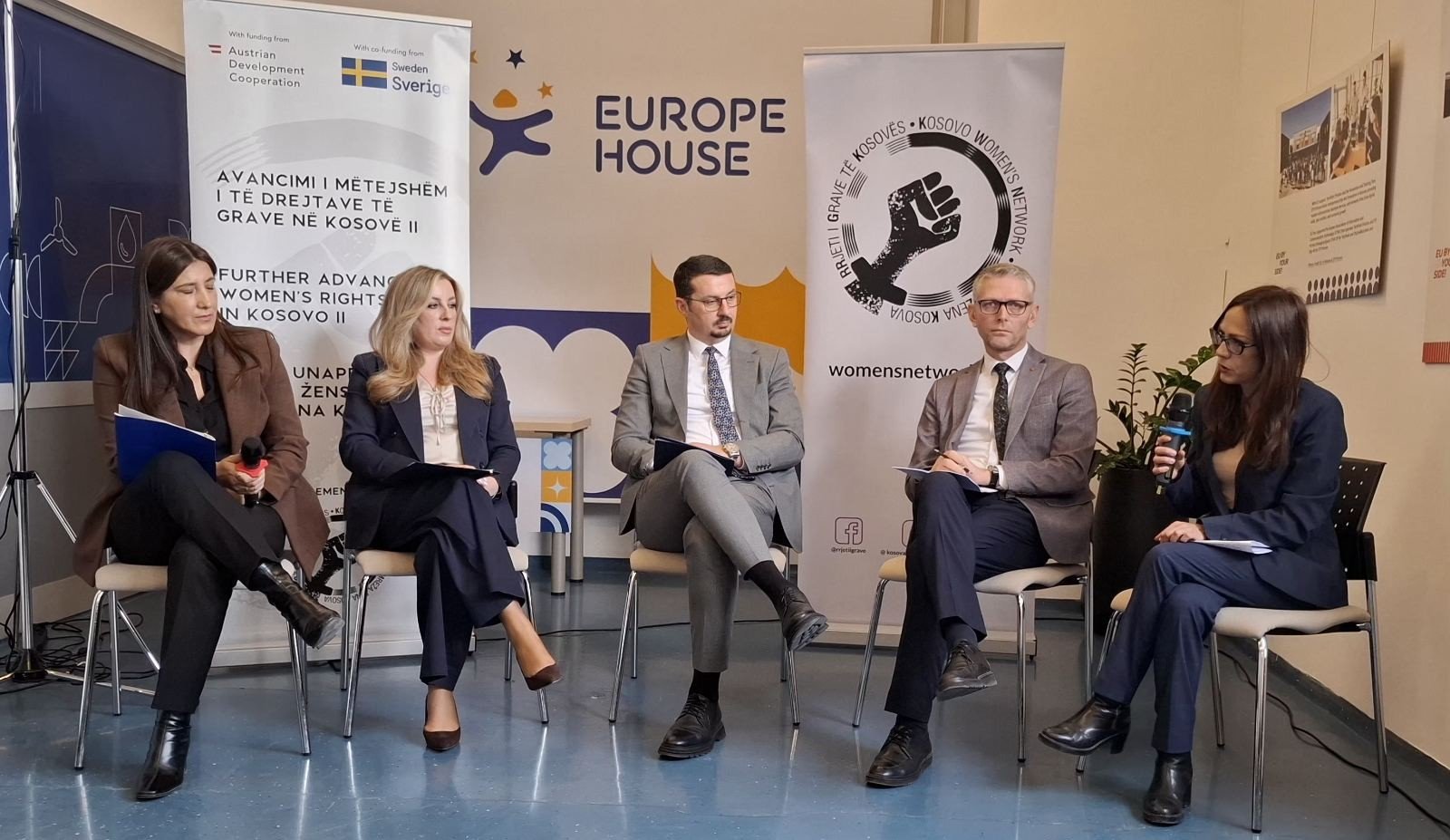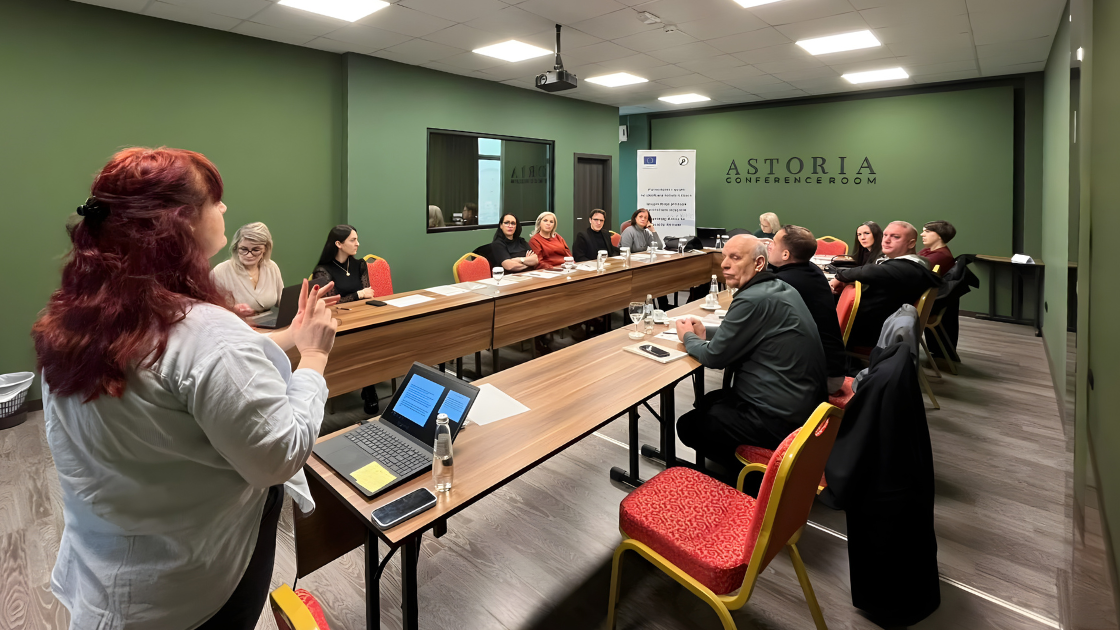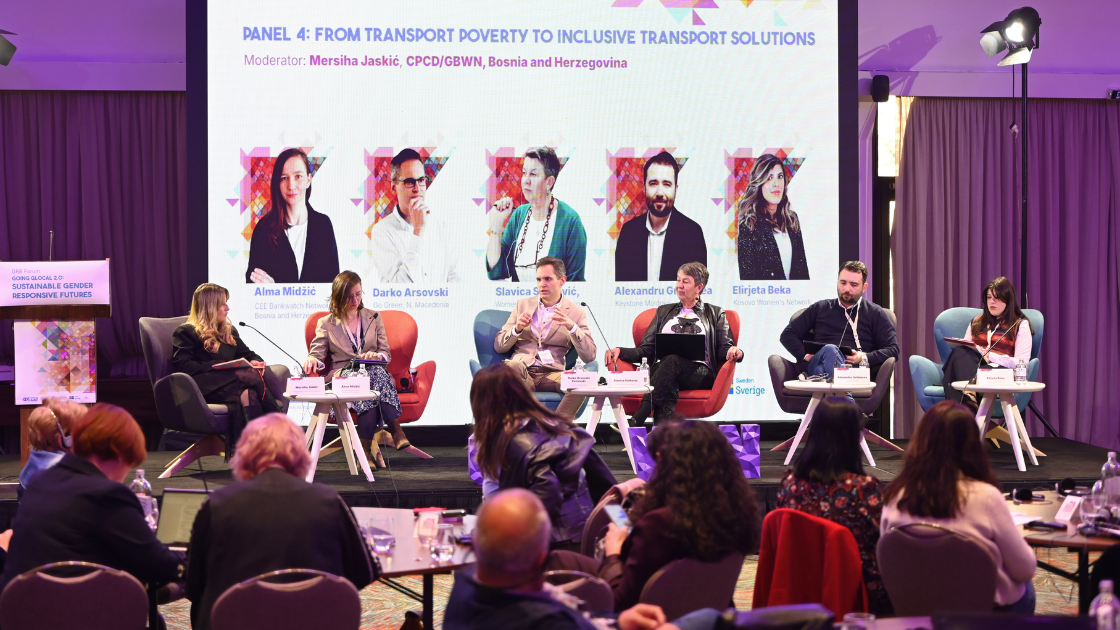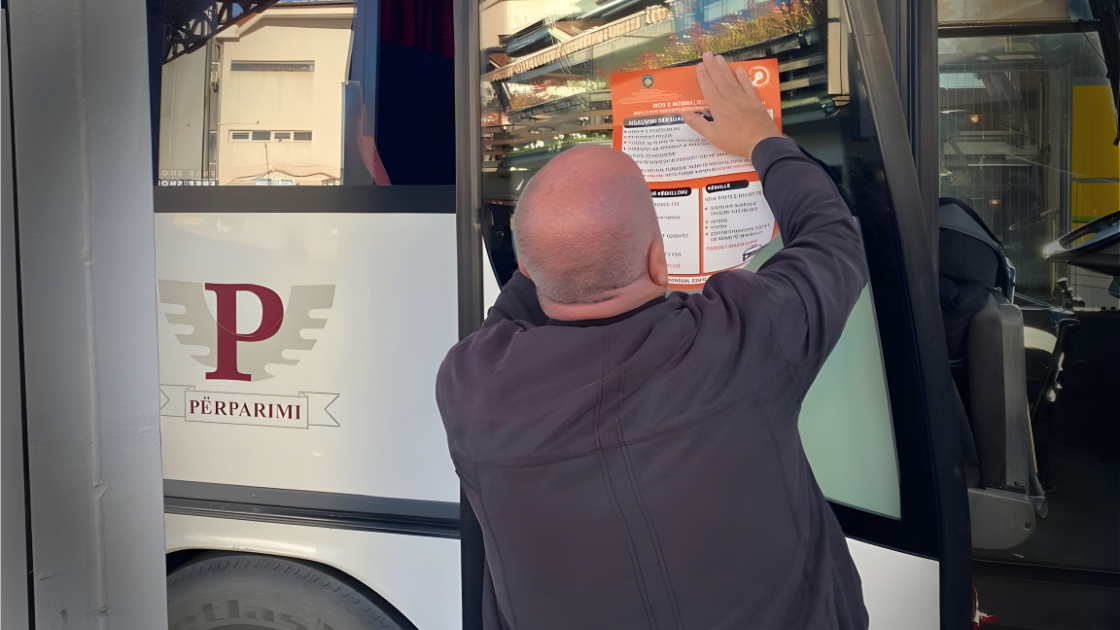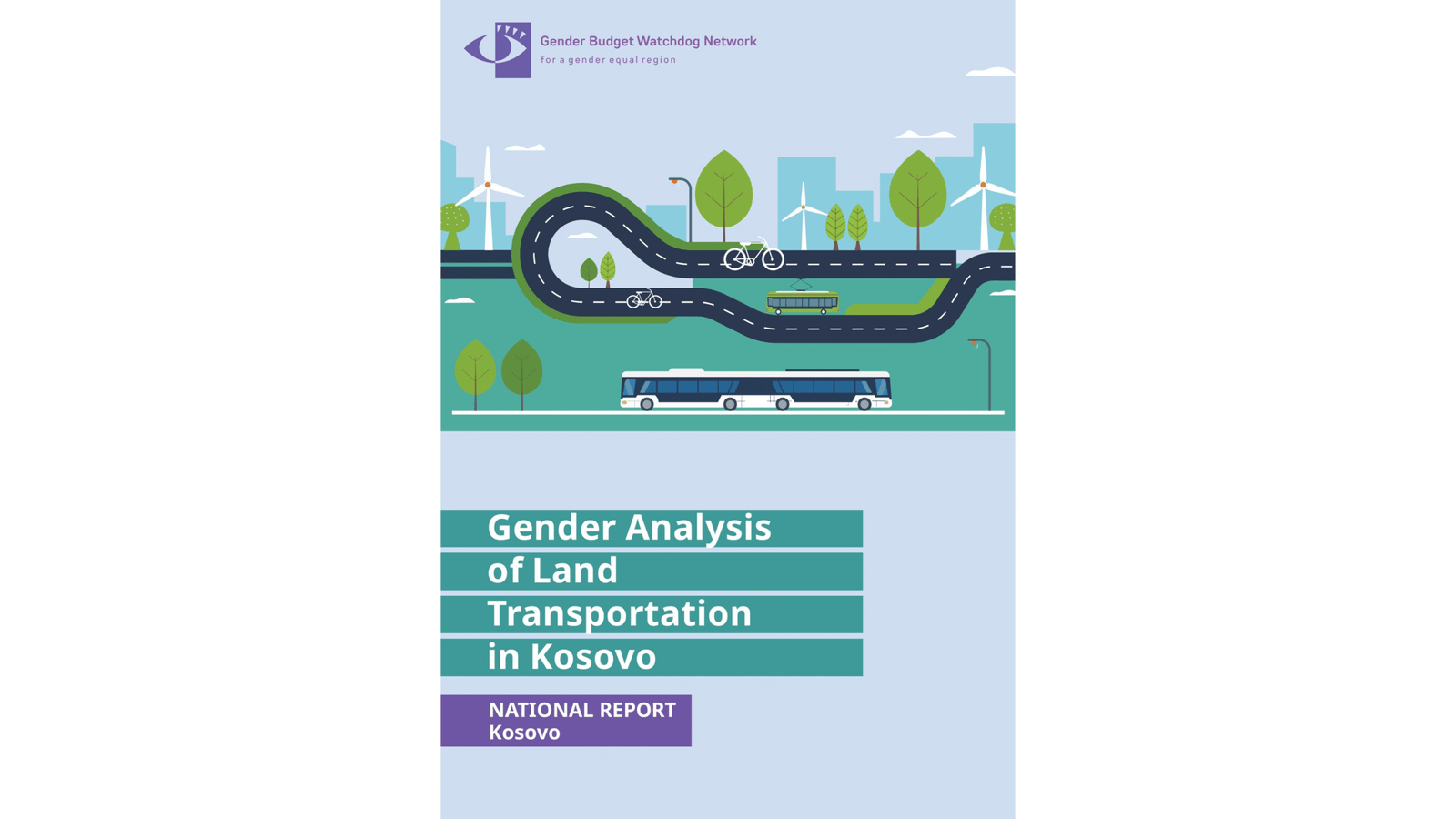On November 3, the member organization of Kosovo Women’s Network (KWN), “Drugëza Artisan Association”, in Skenderaj, held a meeting with 15 representatives of civil society organizations, under the “Creating Friendly Jobs” initiative, funded by the 15th round of the Kosovo Women’s Fund (KWF).
The meeting brought together organizations working for women’s rights, who discussed the need to update the legal framework in Kosovo, in line with the EU Work-Life Balance Directive.
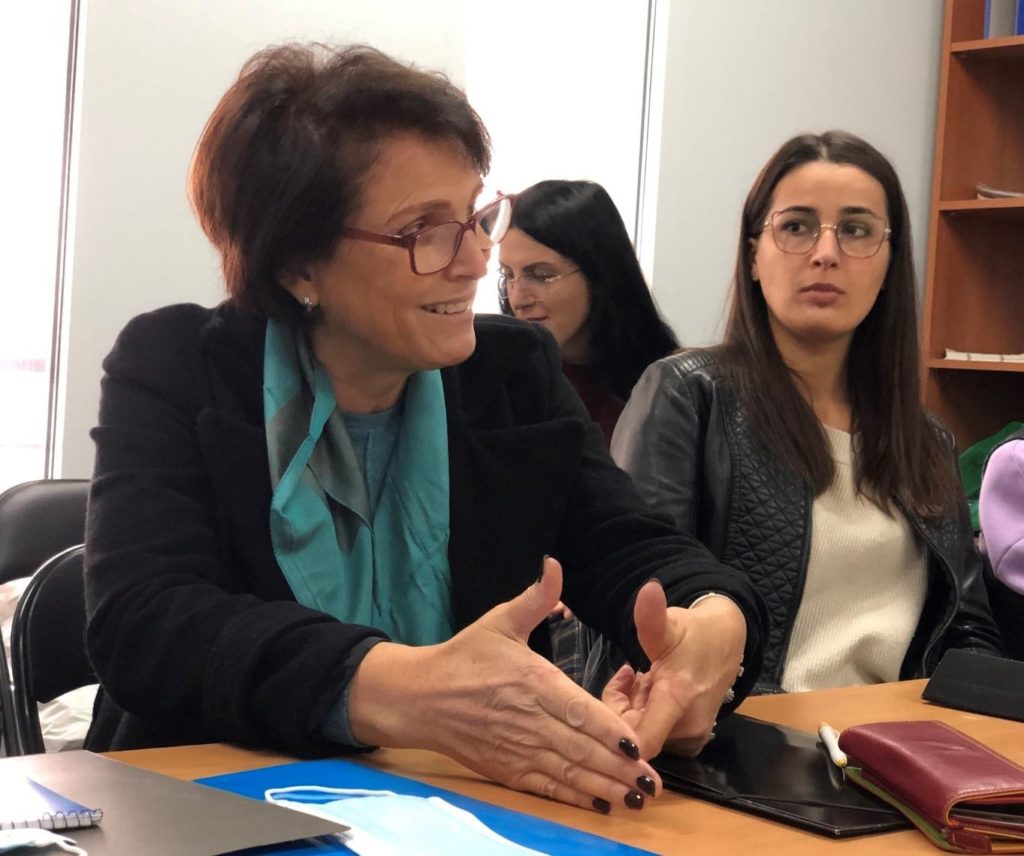
Trainer Kaltrina Veliqi, explained the concepts of this directive, friendly workplaces and the adaptation of the directive to the legal framework of Kosovo.
“If the directive would be adapted to the laws of Kosovo, then this would automatically affect the growth of the number of women in the labor market. “In the moments when suitable environments are created in the workplace, i.e. friendly workplaces, then it is also easier for women to apply for more jobs”, she added.
In addition, Lumnije Rexhepi – Micinaj from the NGO Community Support Initiative stated that directive trainings are very important, and the implementation of the directive is vital for Kosovo.
“Directives and creating environmentally friendly workplaces are very important as many women are withdrawing from the job market because they have to take care of children and other older family members. This is not right. “Therefore, the creation of friendly jobs and the implementation of the directive will help regulate these issues,” she said.
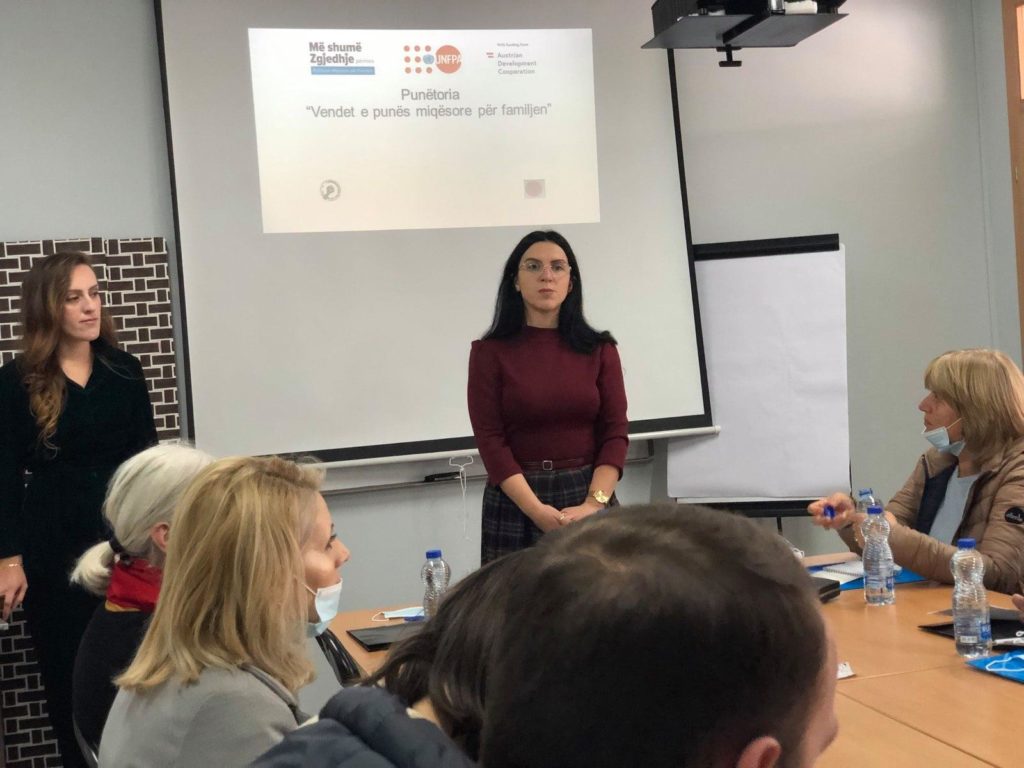
Also, Xhevat Jashari from the Institute for Good Governance and Rule of Law stressed that this would enable parental leave to be used by both parents.
The second part of the session was dedicated to the challenges of employed women in Kosovo, the role of civil society in improving working conditions for women, and a joint discussion of what could be done further in the context of Skenderaj for this directive.
This initiative is expected to include several other meetings that will include the Advisory Committee on Human Rights and Gender Equality and the Committee on Economic Development. After these meetings, the recommendations will be submitted to the Municipality of Skenderaj, to consider what can be done further in creating friendly jobs.
This initiative was supported by the United Nations Population Fund (UNFPA) through KWN’s “More Choices: Gender Responsive Family Policy for the Private Sector in the Western Balkans and Moldova” funded by the Austrian Development Agency (ADA), the operational unit of the Austrian Cooperation Agency.

